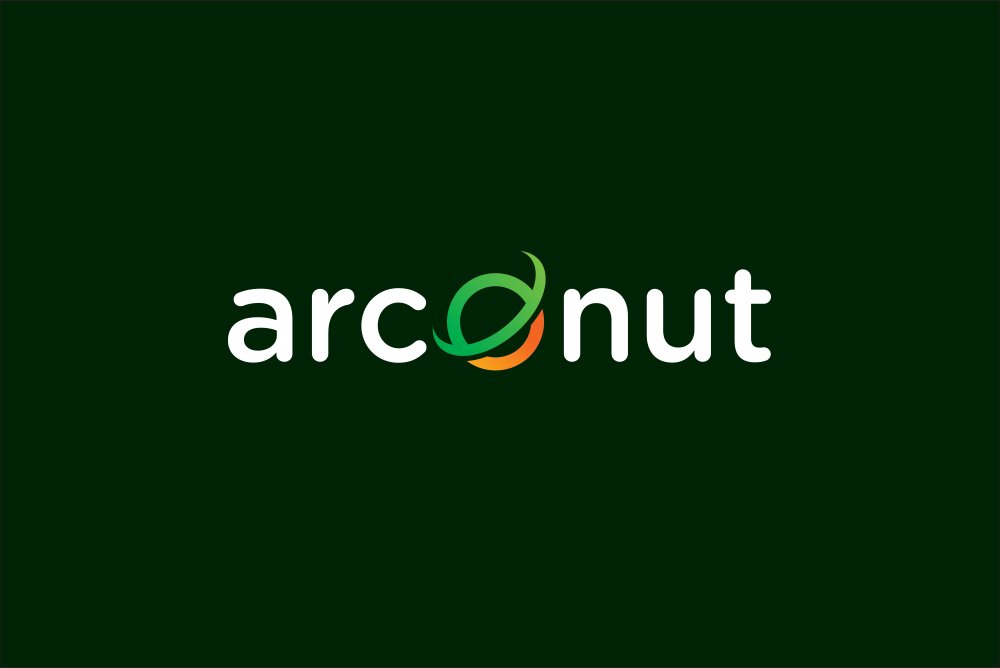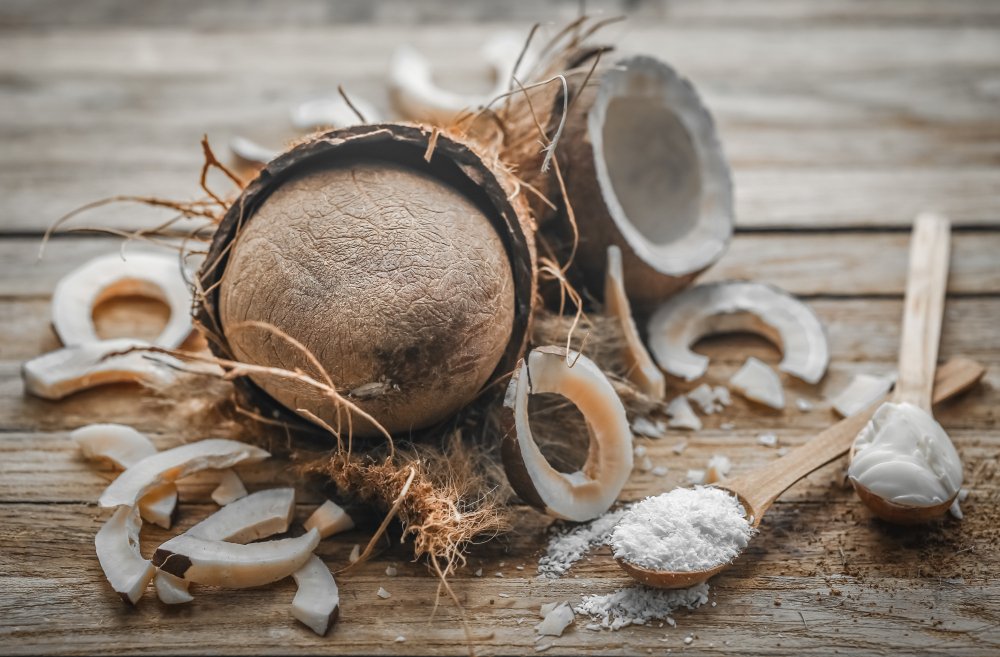Indonesia, the world’s largest producer of coconuts, boasts a rich history intertwined with this versatile fruit. From the creamy flesh to the nourishing water and the robust husk, every part of the coconut finds its use, resulting in a diverse range of products that are increasingly sought after on the global stage. This article delves into the quality of Indonesian coconut products and their growing dominance in the international market.
Indonesia: A Coconut Paradise
Indonesia’s tropical climate and fertile volcanic soil create the ideal conditions for cultivating coconuts on a massive scale. Vast swathes of land across numerous islands are dedicated to coconut plantations, creating a landscape that is both visually stunning and economically vital. Generations of farmers have honed their skills in cultivating high-yield, disease-resistant coconut trees, passing down traditional techniques alongside innovative farming practices. This deep-rooted connection to coconut cultivation ensures a consistent supply of high-quality raw materials, forming the bedrock of Indonesia’s success in the global coconut market. The sheer abundance of coconuts, coupled with the expertise of Indonesian farmers, guarantees a continuous stream of premium ingredients for a wide array of products.
The diversity of Indonesian coconut varieties also contributes to the nation’s success. Different regions boast unique strains, each possessing distinct characteristics in terms of size, flavor profile, and oil content. This variety allows for the production of a wide spectrum of coconut products, catering to diverse consumer preferences. From the sweet, delicate taste of young coconut water to the rich, robust flavor of mature coconut oil, Indonesia offers a captivating range of options. This inherent diversity ensures that Indonesian coconut products can satisfy the varied demands of the global market.
Beyond the sheer volume and variety, Indonesia’s commitment to sustainable coconut farming practices is crucial. Many plantations are embracing environmentally friendly techniques, minimizing their impact on the ecosystem and promoting long-term sustainability. This commitment to responsible farming not only safeguards the environment but also enhances the reputation of Indonesian coconut products, attracting environmentally conscious consumers worldwide. This focus on sustainability is a key differentiator in an increasingly competitive global market.
The rich cultural heritage surrounding coconuts in Indonesia further enhances the quality of its products. Coconut is deeply embedded in Indonesian cuisine and traditions, resulting in a wealth of knowledge and expertise in processing and preserving the fruit. This traditional knowledge, combined with modern processing techniques, ensures that Indonesian coconut products maintain their superior quality and unique characteristics throughout the supply chain. This blend of tradition and innovation is a hallmark of Indonesia’s success in the global coconut market.
Premium Quality, Global Appeal
Indonesian coconut products are prized globally for their exceptional quality. The rich, creamy texture of Indonesian coconut milk, for instance, is frequently cited by chefs and consumers alike as superior to alternatives. This superior quality stems from a combination of factors, including the optimal growing conditions, careful harvesting techniques, and meticulous processing methods. The resulting products possess a distinct flavor profile and a naturally higher concentration of beneficial nutrients, making them highly desirable in international markets.
The versatility of Indonesian coconuts is another key factor driving global demand. The fruit itself is used in countless applications, from culinary uses in both sweet and savory dishes to cosmetic and healthcare products. Coconut water, oil, milk, cream, sugar, and flour are just a few of the many products derived from the coconut, each finding its niche in the global marketplace. This versatility ensures a wide range of export opportunities and contributes significantly to Indonesia’s economic growth.
Beyond the inherent quality of the raw materials, Indonesia is investing heavily in advanced processing techniques and quality control measures. Modern facilities ensure that products meet the highest international standards, maintaining consistency and reliability across the supply chain. This commitment to quality is reflected in the growing number of certifications and accreditations earned by Indonesian coconut producers, further enhancing the credibility and appeal of their products.
The increasing global awareness of the health benefits of coconuts is also boosting demand for Indonesian products. Coconut oil, in particular, is recognized for its potential health benefits, including its high content of medium-chain triglycerides (MCTs). This heightened consumer awareness is driving demand for authentic, high-quality Indonesian coconut oil, solidifying the nation’s position as a leading supplier. This growing health consciousness among consumers globally is a significant tailwind for Indonesian coconut exports.
Meeting International Standards
Indonesia is proactively addressing the challenges of meeting stringent international standards for food safety and quality. The government is investing in infrastructure improvements, training programs for farmers and processors, and robust quality control systems. These initiatives ensure that Indonesian coconut products consistently meet or exceed international regulations and certifications, paving the way for greater market access and consumer confidence.
Strict adherence to hygiene standards throughout the production process is paramount. From harvesting to processing and packaging, Indonesian producers are implementing rigorous protocols to minimize contamination and maintain the highest levels of food safety. This commitment to hygiene is crucial in meeting the demanding standards of international markets and ensuring the safety and quality of Indonesian coconut products for consumers worldwide.
Transparency and traceability are also key aspects of meeting international standards. Many Indonesian coconut producers are adopting traceability systems to track their products from farm to table, providing consumers with greater assurance about the origin and quality of the ingredients. This increased transparency builds trust and enhances the reputation of Indonesian coconut products in the global market.
Continuous improvement and innovation are essential for maintaining competitiveness in the global market. Indonesian producers are actively investing in research and development to improve farming techniques, processing methods, and product quality. This commitment to continuous improvement ensures that Indonesian coconut products remain at the forefront of the industry, meeting and exceeding evolving consumer expectations and international standards.
A Growing Market Leader
Indonesia’s dominance in the global coconut market is not just a matter of sheer production volume; it’s a testament to the nation’s commitment to quality, sustainability, and innovation. The country’s strategic focus on meeting international standards and embracing modern processing techniques has positioned it as a reliable and trusted supplier of high-quality coconut products.
The growing demand for Indonesian coconut products is driven by a multitude of factors, including the inherent quality of the raw materials, the increasing awareness of coconut’s health benefits, and the nation’s commitment to sustainable farming practices. These factors combine to create a powerful synergy, propelling Indonesia to the forefront of the global coconut market.
Looking ahead, Indonesia is well-positioned to further consolidate its position as a global market leader. Continued investment in infrastructure, technology, and sustainable farming practices will ensure the long-term sustainability of the industry and its ability to meet the growing global demand for high-quality coconut products. The future looks bright for Indonesia’s coconut industry, with ample opportunities for expansion and growth.
Government support plays a crucial role in fostering the growth of the Indonesian coconut industry. Initiatives aimed at promoting exports, providing financial assistance to farmers and processors, and facilitating access to international markets are essential for sustaining the industry’s competitiveness and ensuring its continued success on the world stage. This collaborative approach between the government and the private sector is key to unlocking the full potential of Indonesia’s coconut industry.
Indonesia’s coconut industry is a compelling success story, showcasing the potential of a nation to leverage its natural resources and cultural heritage to become a global market leader. The commitment to quality, sustainability, and innovation positions Indonesia for continued growth and dominance in the global coconut market, ensuring that the world continues to enjoy the rich bounty of this tropical paradise.


